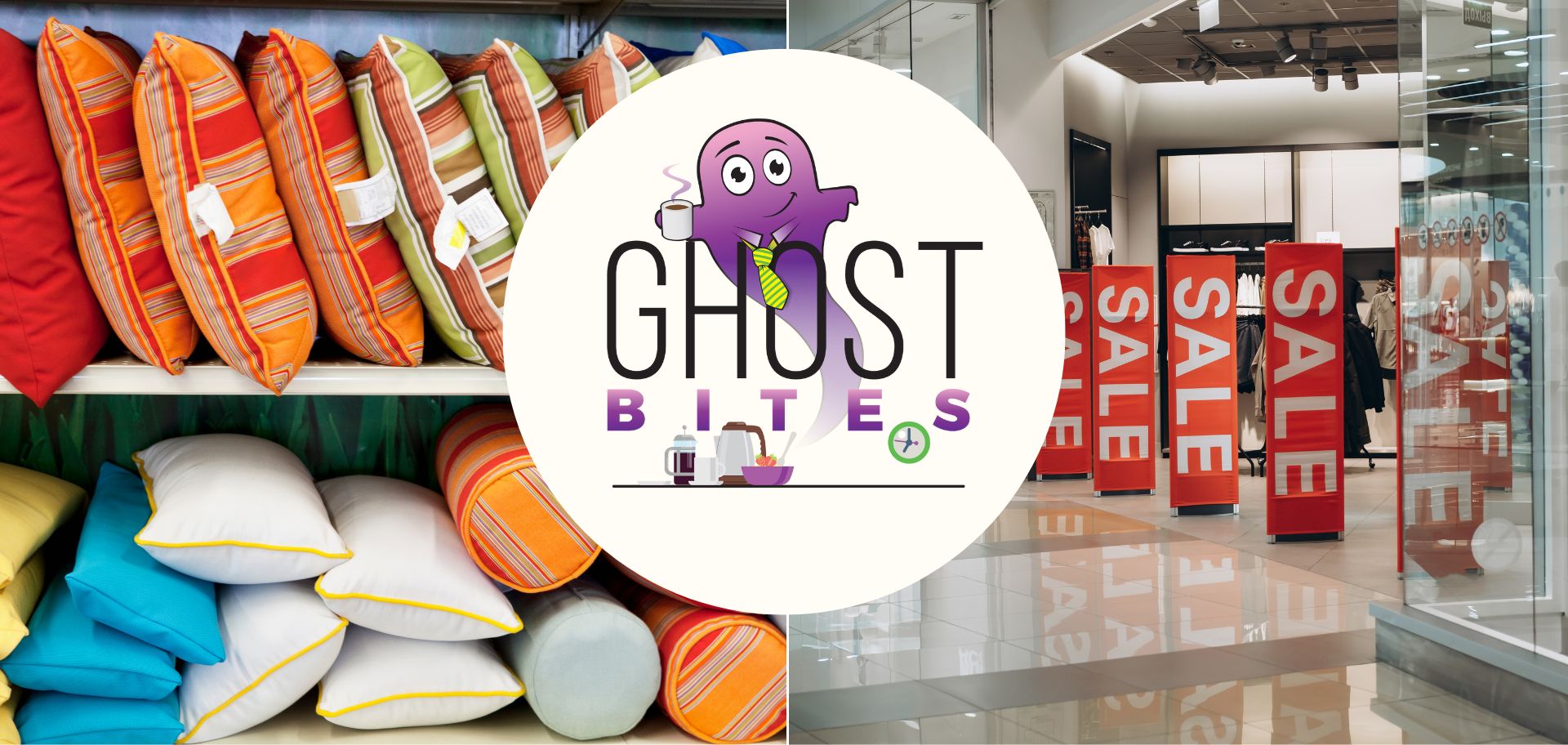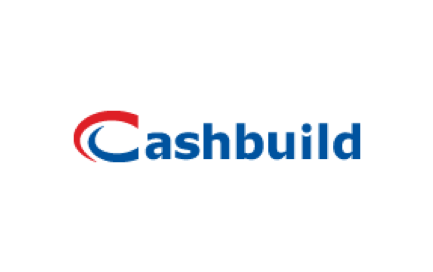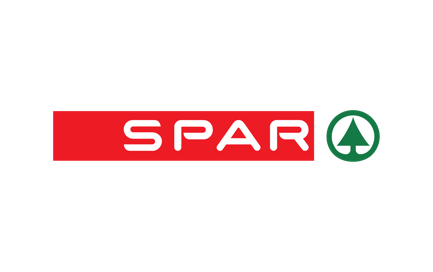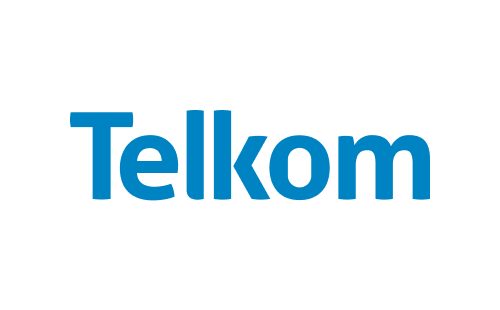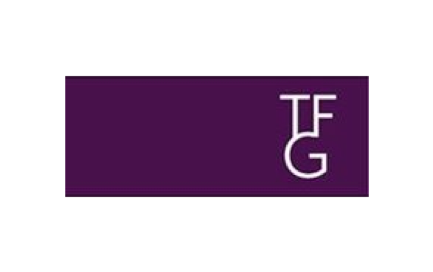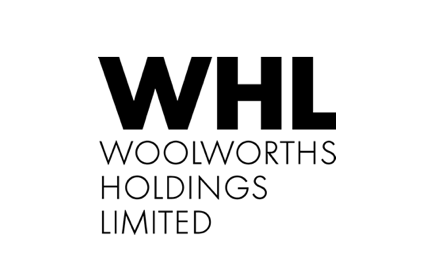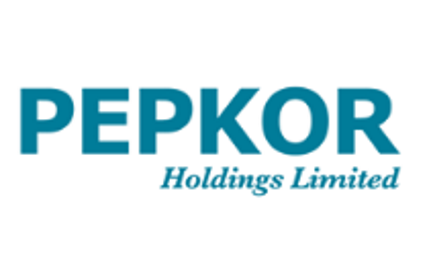Get the latest recap of JSE news in the Ghost Wrap podcast, brought to you by Mazars:
The worst should now be over at Cashbuild – I think (JSE: CSB)
I’m keeping my long position in the hope that interest rate cuts will be a further boost
After the market recently dished out an absolute gift in the form of a sell-off in Cashbuild down to R142 per share, it has recovered to trade at R160 per share. I bought that dip and I’m obviously thrilled with how it turned out, with the decision now being whether to hold on for more. I think that an easing of local interest rates will do wonders for Cashbuild’s business, with the numbers for the year ended June hopefully reflecting the end of the bad times for the group.
It was another tough period, with HEPS down 22% despite revenue growing by 5%. The final dividend fell by 29%, so that’s a nasty year-on-year trend.
Importantly, this is a 53-week result compared to a 52-week period. If the extra week is stripped out, revenue was up just 3% and HEPS fell by 38%. That’s the best way to look at this result.
Although sales volumes were up 3%, with a small boost from inflation to take like-for-like sales growth to 4%, this is again on a 53-week basis. With that stripped out, volumes would likely be slightly positive. My thesis is that lower inflation and hopefully a drop in rates will improve sales volumes.
Gross profit margin is a concern, having dropped from 25.4% to 24.7%. That trend needs to improve, obviously. The drop in margin is why operating profit fell by 16% (excluding impairments) despite operating expenses only increasing by 4%.
This is an important lesson in comparing the growth in operating expenses to the growth in revenue. The growth rates might look similar, but major changes in gross profit margin will have a big impact on operating profit.
Looking at the balance sheet, the 37% decrease in cash and cash equivalents is largely due to a cut-off issue, with June supplier payments reflecting in this period vs. the comparable period when the suppliers were paid after year-end. In retailers, cut-off is an important point that makes working capital ratios difficult to work with.
The group helpfully highlights that stock levels increased by 5%, which seems reasonable relative to revenue.
For the first six weeks of the new financial year, sales revenue is up by 5%. Although that may sound like there’s no real improvement vs. the full year, you have to remember that the 5% growth in FY24 included an extra week of trading. I’m therefore not unhappy with the recent growth rate, although it obviously needs to move higher for this investment to work out well.
Management’s narrative is one of caution, with an expectation for trading conditions to remain challenging.
SPAR finds a buyer for SPAR Poland – but it comes at a cost (JSE: SPP)
Add this one to the list of failed international moves by local retailers
When it comes to SPAR Poland, I guess it’s fair to say that they got unlucky with COVID. Although I don’t think many people would gush over the previous SPAR management team, it’s also true that a risky international deal becomes an impossible task when an unforeseeable pandemic arrives.
Thankfully, this nightmare is always over, thanks to the incredibly named Przedsiebiorstwo Produkcyjno Handlowo Uslugowe Specja Spólka z o.o. coming in as the acquirer of SPAR Poland. If it’s ok with you, I’ll just refer to that company as the buyer.
The buyer is Polish (in case that wasn’t super obvious) and has been in operation since 1990. They will need all that experience, since SPAR Poland lost R813 million in the six months to March and has a negative net asset value.
At first blush, it looks incredible that Spar managed to secure a wonderful price of R185 million for the business, though it does have the potential to be adjusted downwards if more partner stores leave the network. Then, as you read further, you get to the bad news: Spar first needs to recapitalise the company to bring the net asset value to zero, plus they must contribute well over R1 billion to cover expected operating losses.
In other words, they aren’t just giving it away – they are actually paying someone to take it! Incredible. The maximum exposure for SPAR is nearly R3.5 billion. The final amount will vary obviously depending on all sorts of things, with the plan being to bring nearly R2.0 billion of Polish debt back to South Africa and refinance it here (!) and for R566 million to be funded from existing sources into the Polish business.
Unsurprisingly, the share price took a knock of 6.8% on the day.
What. A. Disaster.
A step forward for Telkom’s disposal of Swiftnet (JSE: TKG)
The Competition Tribunal has given the green light
In corporate dealmaking, a deal is never done until the money changes hands. When conditions precedent are still outstanding, anything is still possible – especially when it comes to regulators, who can be unpredictable.
There would therefore have been a collective sigh of relief at the news that the Competition Tribunal has approved the disposal of Swiftnet. Telkom is selling the business to a consortium of an Actis infrastructure fund and Royal Bafokeng Holdings.
Although there are further remaining conditions, this is a big milestone for the deal.
The Foschini Group is fully focused on margins (JSE: TFG)
When capital is expensive, retailers tend to avoid chasing market share at all costs
The Foschini Group has released a trading update dealing with the 21 weeks to 24 August. When the highlights section talks about gross margin as the first few points and completely ignores sales growth, you know what’s coming.
Group sales fell by 3.5%, with TFG London as the major laggard with a 12.7% decline. TFG Australia fell 5.5% and TFG Africa was down 1%. Those percentages are based on the offshore businesses measured in rands. Bash was the sales highlight, with turnover up 42.7%.
That sounds poor of course, with the saving grace being that group gross margin expanded by over 100 basis points, with a 200 basis points expansion in TFG Africa and record gross profit in that business, up 4% on the prior period. Despite the sales pressure in TFG London and TFG Australia, they even managed to grow gross margin there.
To further explain the trend, the announcement notes that the base period included a major inventory clearance initiative. That would’ve boosted sales and impacted gross margin, so that explains some of the move in this financial year on both those lines.
We will have to wait until 8 November to get the detailed interim results. Given the gross profit performance and some of the expense control we’ve seen at other retailers, it probably won’t be a shocker at profit level. Still, this isn’t what shareholders want to see, as lack of sales growth is always a worry.
Woolworths Food is carrying the team (JSE: WHL)
After much initial progress, the rest of the business has stalled
The Woolworths share price is down more than 15% this year, a particularly unfortunate performance compared to how “SA Inc.” has performed in the new political landscape. Sentiment is great and everything, but a company needs to deliver growth in order to see the share price go the right way. With HEPS from continuing operations on a 52-week basis down by 16.8% and the dividend down 15.2%, growth isn’t the theme here. The increase in net debt from R2.5 billion to R5.6 billion isn’t good news either.
Ironically, more positive sentiment towards South Africa over the past decade or so might have saved Woolworths a lot of heartache in Australia and New Zealand. Just when investors thought the worst was over with David Jones out of the system once and for all, things have gotten bad for Country Road Group. This is the business that Woolworths deliberately held onto in the region, yet sales have dropped 8% for the year on a comparable 52-week basis. In comparable stores, sales fell by 13.1%. They point to the high base to help explain this, but the two-year growth stack is disappointing anyway. And on top of this, gross margin deteriorated by 230 basis points to 60.3%. Despite best efforts to control expenses, operating profit margin collapsed from 12.4% to 4.6% and profits were down 66%. Ouch.
Focusing now on the local businesses, it was Woolworths Food that tried to save the day. When you’re looking at the 11.2% growth in sales for Woolworths Food, remember that this includes the 53rd week of trading as well as the acquisition of Absolute Pets in the second half. On a 52-week basis, sales grew 9% overall and 6.9% in comparable stores. Price inflation was 7.9%, suggesting that volumes remained a struggle for the full year. Woolworths goes on to confirm that the volumes trend turned positive in the second half, so that’s encouraging at least. Another encouraging element is that Woolworths Dash grew 71.2%, so they are clawing back some lost ground in on-demand shopping. Perhaps more importantly, gross margin increased by 30 basis points to 24.7%, which I think is impressive given how much more competitive they have needed to become on price. Operating profit margin increased from 6.9% to 7.1% and adjusted operating profit grew by 12.3%.
We now arrive at Fashion, Beauty and Home (FBH), the part of the business that showed great promise under new leadership. Things have gone wrong with that recovery, with sales down 0.4% for the 52 weeks and 1.3% on a comparable store basis. With price inflation of 8.9%, this means that volumes were firmly in the red. They managed to maintain gross margin at 48.5% at least. They also kept expense growth to just 2.6%, but the reality is that a business cannot succeed through efficiencies alone. The lack of top line performance meant a 9.9% drop in adjusted operating profit, with operating profit down from 13.2% to 12.0%.
It’s a bit sad when one of the major highlights is Woolworths Financial Services, where profit after tax jumped by 69.3%. Although the book was a bit smaller, there was an improvement in the impairment rate.
Unfortunately, the outlook section of the announcement doesn’t suggest that a quick recovery is around the corner. By afternoon trade, Woolworths was down 4.7%.
Little Bites:
- Director dealings:
- Michael Georgiou of Accelerate Property Fund (JSE: APF) sold shares worth nearly R81 million in an off-market trade that was part of a lending arrangement. I suspect that hurts.
- Titan Premier Investments (of the Christo Wiese stable) has unwound its collateral arrangement on certain funding positions and now has 5.34% in Pepkor (JSE: PPH) once more.

